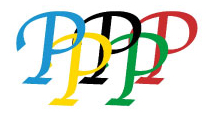Speaker
Description
Observational Cosmology is driven by large collaborative experiments like Rubin, JWST, or Euclid. Discovery in these surveys necessitates the development of advanced analysis methodology, high-precision instrumentation, and collaborative work in large interdisciplinary collaborations. Synergies between different survey programs will be crucial to reach the science goals of upcoming survey programs like LSST and Cosmic Frontier.
Broad-band optical surveys strongly depend on external calibration using complementary spectroscopic surveys due to their limited ability to extract spectral information. Moving forward, it will be vital to design survey programs with these synergies in mind to reach the groundbreaking promises of Cosmic Frontier. In my short presentation, I will discuss some of these challenges and implications for future survey design.

